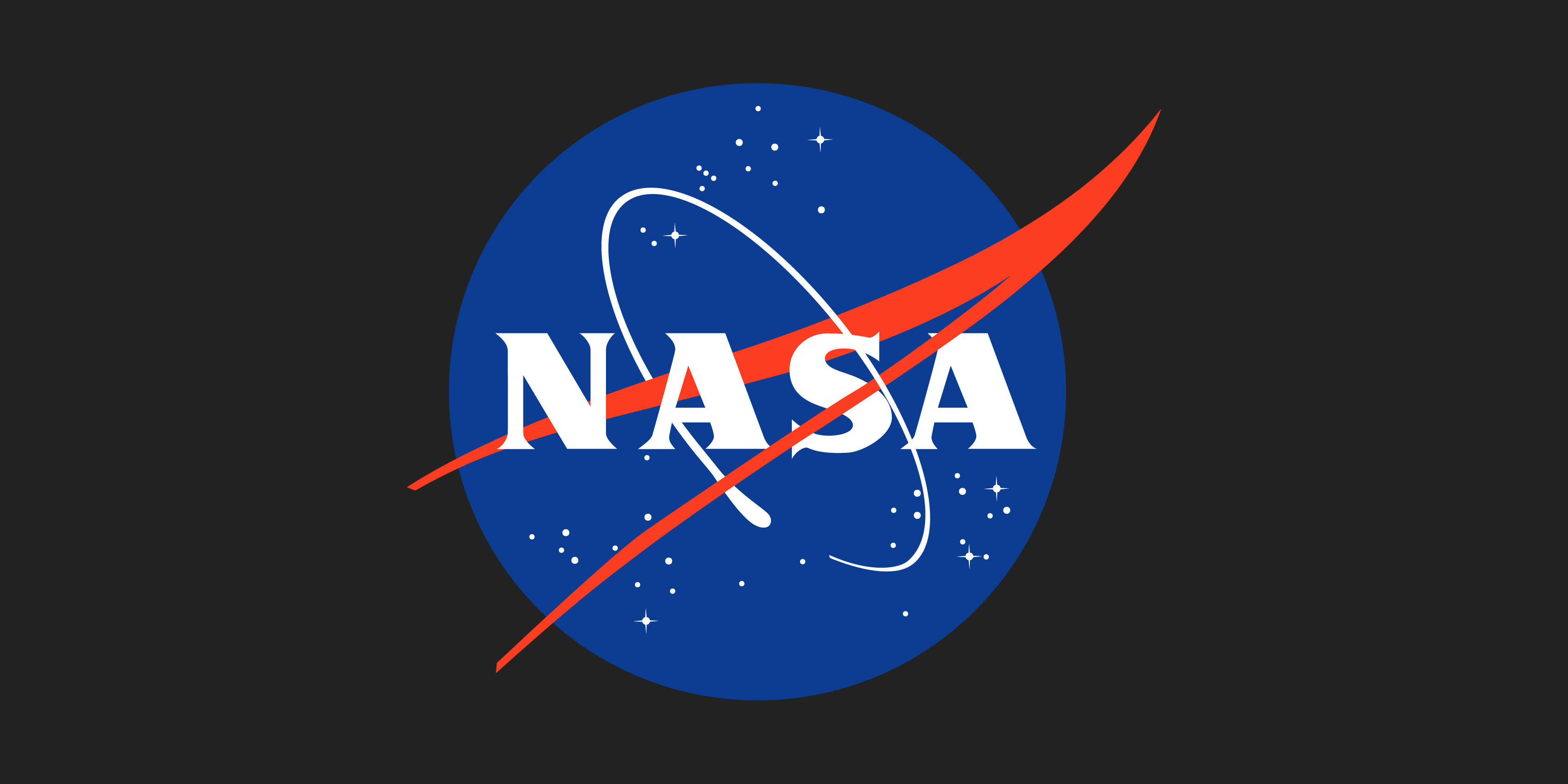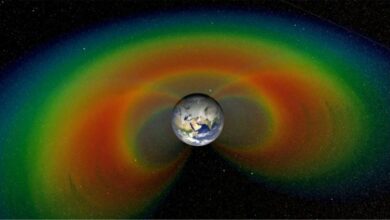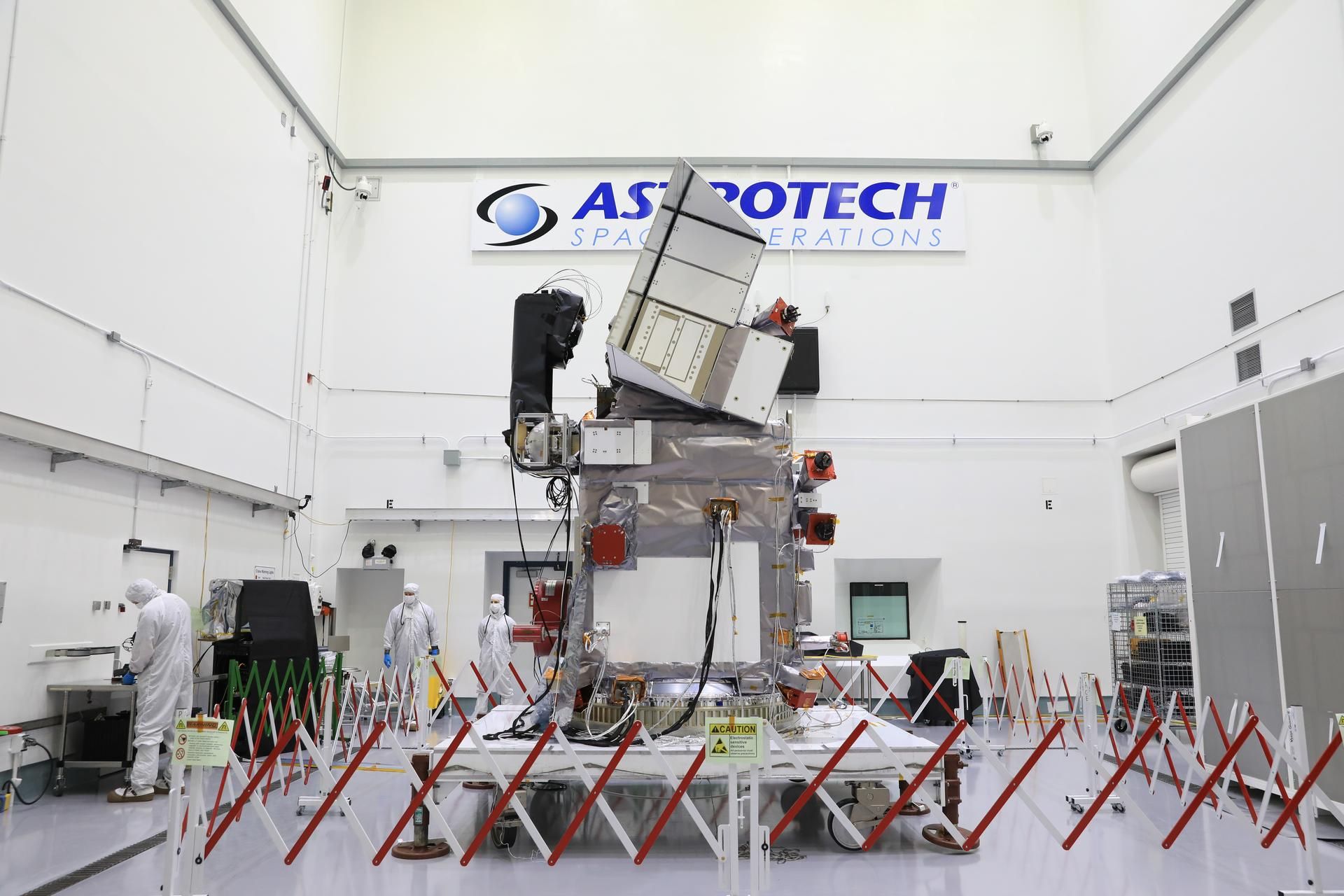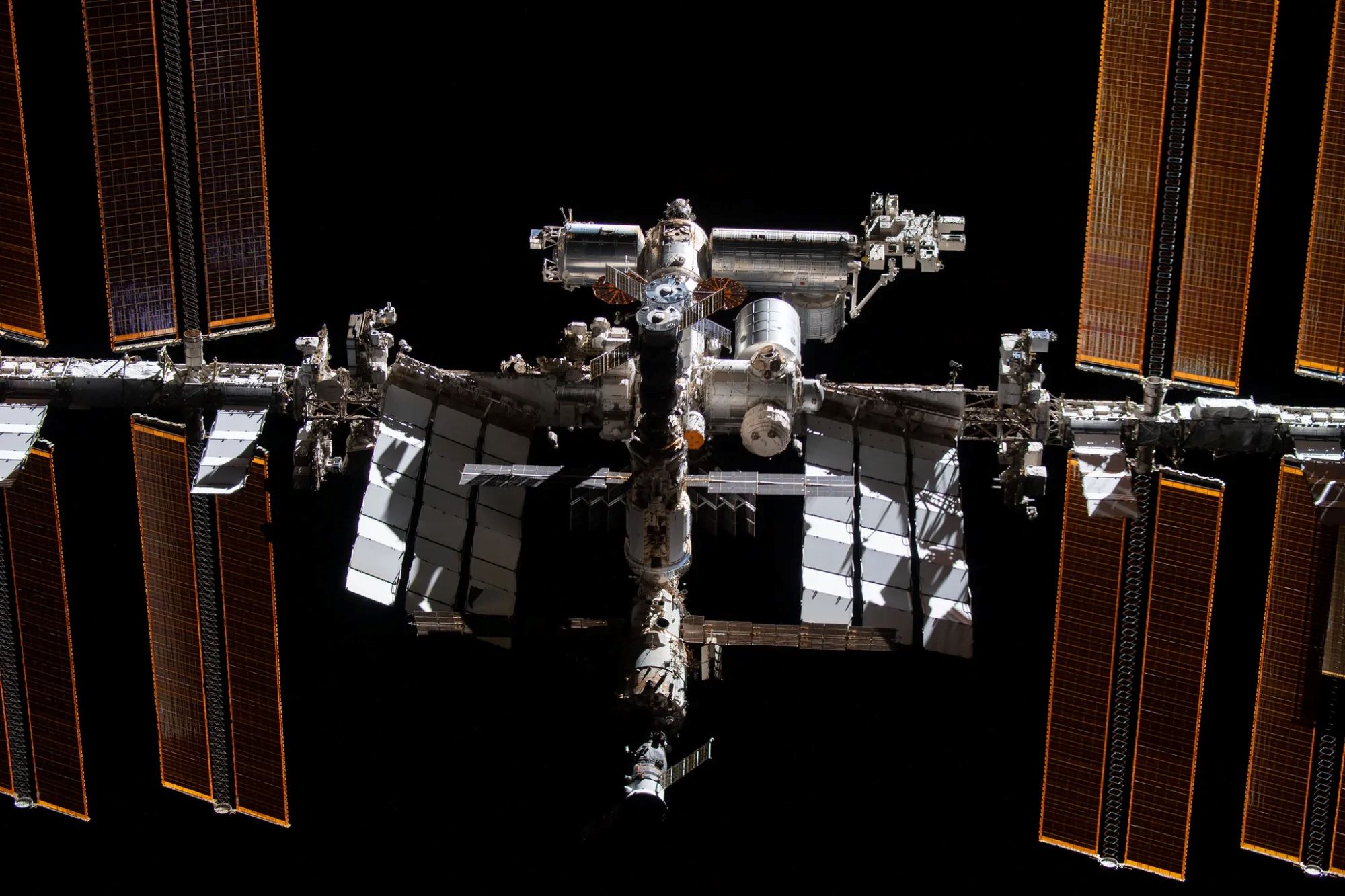Expedition 68 Crew With Three NASA Astronauts to Discuss Mission

Four astronauts, including the current record-holder for the longest single stay in space aboard the International Space Station, will make their first public appearance in Houston since returning to Earth. The crew will be available for interviews at 5 p.m. CST Wednesday, Dec. 6, at Space Center Houston.
NASA astronauts Nicole Mann, Josh Cassada, and Frank Rubio, along with JAXA (Japan Aerospace Exploration Agency) astronaut Koichi Wakata, will be at NASA Johnson Space Center’s visitor center to share highlights from their missions during a free, public event at 6:15 p.m. At 7:40 p.m., the crew will help recognize key contributors to its mission success in an awards ceremony.
Reporters may request an in-person interview no later than 12 p.m. Dec. 6 by emailing Dana Davis at dana.l.davis@nasa.gov.
Crew-5
NASA’s SpaceX Crew mission launched in October 2022 with Mann, Cassada, and Wakata, as well as Roscosmos cosmonaut Anna Kikina, on the fifth commercial crew rotation mission to the International Space Station. The crew spent 157 days aboard the space station, traveled 66,577,531 miles, and completed 2,512 Earth orbits, splashing down off the coast of Tampa, Florida, on March 11. This was the first spaceflight for Mann, Cassada, and Kikina. It was the fifth flight for Wakata who has now logged a total of 505 days in space.
Soyuz Crew
The international crew that flew on the Soyuz spacecraft served on Expeditions 68 and 69 aboard the space station. The flight launched on the Soyuz MS-22 spacecraft in September 2022 with Rubio and Roscosmos cosmonauts Sergey Prokopyev and Dmitri Petelin. The crew spent 371 days aboard the space station, traveled 157,412,306 statute miles, and completed 5,963 Earth orbits, landing in Kazakhstan aboard the Soyuz MS-23 spacecraft on Sept. 27, 2023. This was the second spaceflight for Prokopyev and Petelin. This was Rubio’s first spaceflight mission and it broke the U.S. record for a single spaceflight by an American.
While on the station, the crew members conducted important scientific investigations and helped maintain the orbiting laboratory. While aboard they tested hydroponic and aeroponic techniques to grow plants without using soil, studied how liquids move in a container in simulated lunar gravity to generate data to improve Moon rover designs, and tested an on-demand system to produce specific quantities of key nutrients from yogurt, kefir, and a yeast-based beverage. The crew also released Uganda and Zimbabwe’s first satellites.
Stay current on space station activities by following @space_station and @ISS_Research on Twitter, as well as the station Facebook and Instagram accounts and the space station blog.





